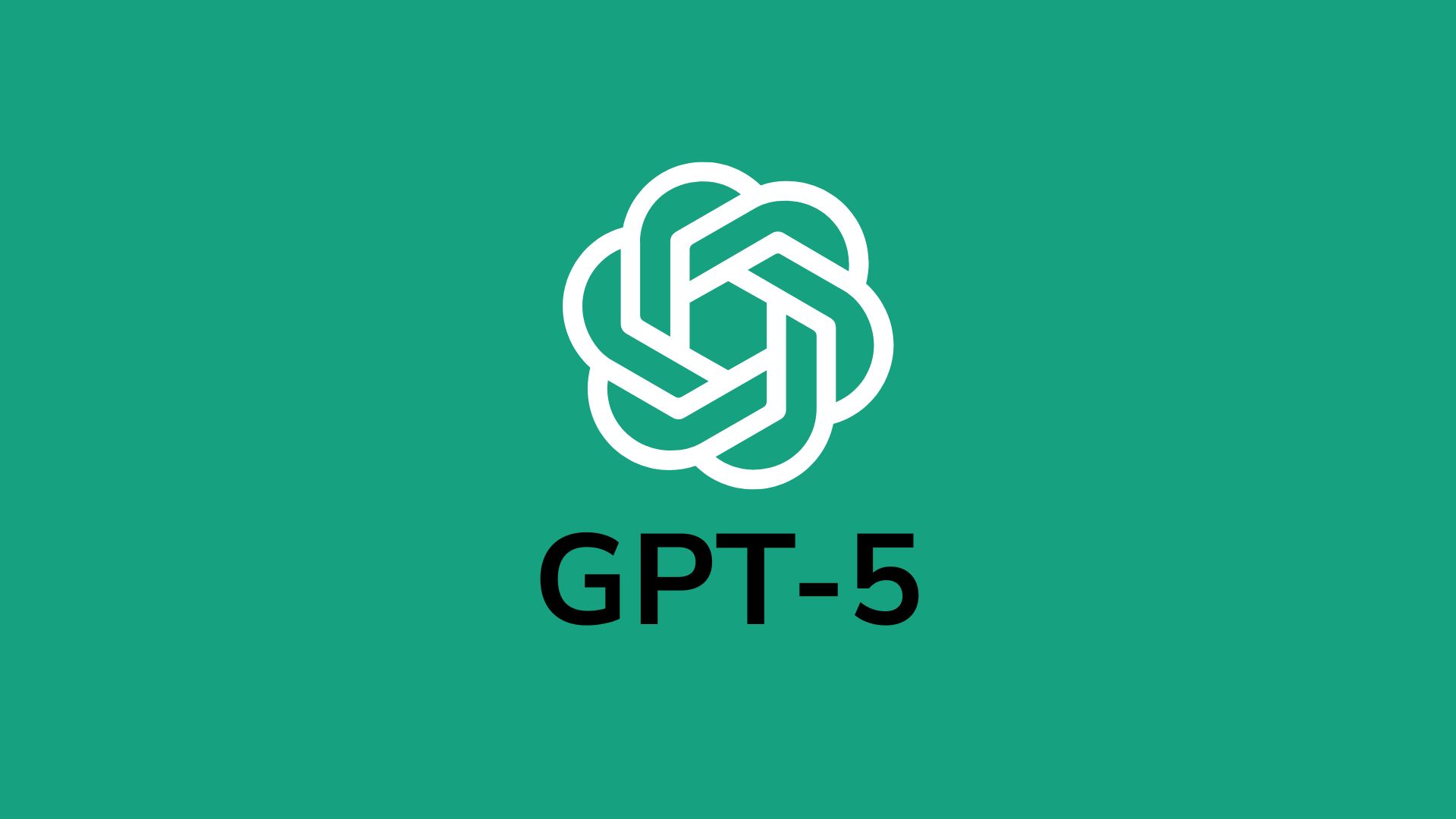The European Commission has launched a confidential tool enabling insiders at AI developers to report suspected rule breaches. The channel forms part of wider efforts to prepare for enforcement of the EU AI Act, which will introduce strict obligations for model providers.
Legal protections for users of the tool will only apply from August 2026, leaving early whistleblowers exposed to employer retaliation until the Act’s relevant provisions take effect. The Commission acknowledges the gap and stresses strong encryption to safeguard identities.
Advocates say the channel still offers meaningful progress. Karl Koch, founder of the AI whistleblower initiative, argues that existing EU whistleblowing rules on product safety may already cover certain AI-related concerns, potentially offering partial protection.
Koch also notes parallels with US practice, where regulators accept overseas tips despite limited powers to shield informants. The Commission’s transparency about current limitations has been welcomed by experts who view the tool as an important foundation for long-term AI oversight.
Would you like to learn more about AI, tech and digital diplomacy? If so, ask our Diplo chatbot!










